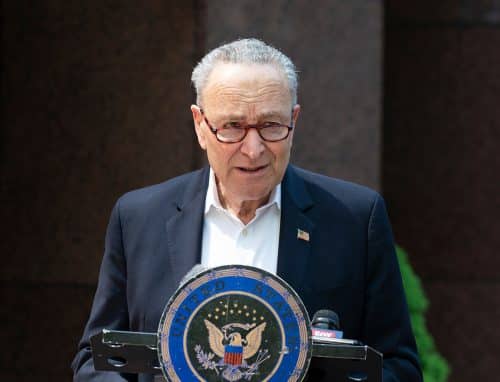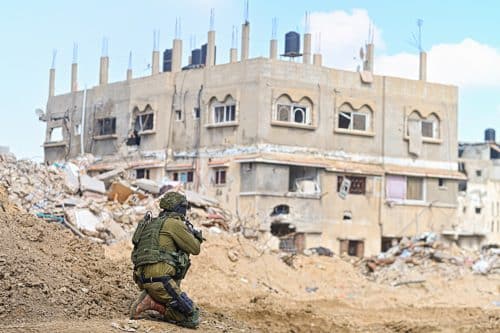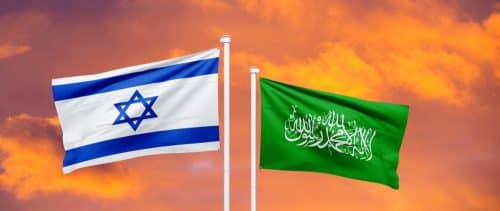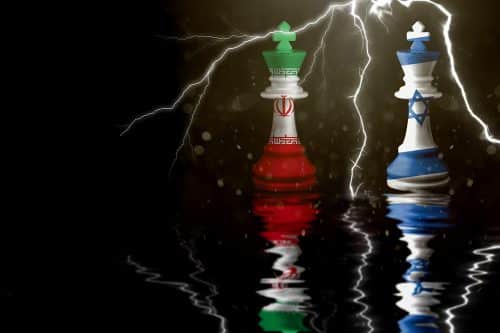Every year, the stark difference between the festive holiday newspaper supplements on the Jewish New Year – Rosh Ha’shana – and the somber papers just a week later for the high holiday of Yom Kippur, tell the turbulent story of Israeli society anew every year.
Although in military terms Israel’s victory in the Yom Kippur war is undisputable, Israeli media at the time and in the wake of the war was preoccupied with the failures that positioned Israel at a disadvantage at the break of the war, rather then on the victory Israel achieve by its end. Had this unbalanced coverage breed a misconception of the war in Israel’s society and decades later – even compromised Israel security?
In commemoration of the 50th anniversary of the Yom Kippur war, the IDSF HaBithonistim research department conducted a survey aiming to explore the public position in Israel regarding various aspects of the Yum Kippur war, such as who holds responsibility for its failures, the heritage of that war and its impact and the manner it shaped today’s Israeli public security perception.
This survey was conducted with the statistical consultation of Dr. Hagai Elkayam. It was held among 1,057 respondents who are adults (age 18+) internet users, and vetted for a balanced distribution of age, gender, nationality, religious affiliation and political affiliation. For the combined sample (1,057 respondents), the maximum margin of error is ±3.01% with a 95% probability. For the Jewish sample (858 respondents), the maximum margin of error is ±3.35% with a 95% probability; For the Arab sample (199 respondents), the maximum margin of error is ±6.95% with a probability of 95%.
Victory of Failure: The Distance from Cairo and Damascus
As mentioned earlier, the outcome on the ground of the om Kippur war clearly testify to Israel’s victory. A country whose Jewish population was a mere three million people valiantly faced a formidable enemy force that has been built up for years, including not only the militaries of Egypt and Syria but also expeditionary forces from Iraq, Jordan, Libya and Morocco, all backed with massive soviet support. The proportion of the IDF’s victory can be somewhat be grasped upon reading the words by the then Egyptian General Chief of Staff, Saad al-Shazli, who in his autobiography wrote that a force which is larger than NATO, disintegrated in the face of the Israeli forces.
Shazli was not exaggerating. 370,000 Israeli soldiers stood against 785,000 enemy soldiers –a ratio of 2:1; Israel had a measly 476 fighter planes against 1,342 enemy planes, and 2,100 tanks against 5,382 enemy tanks – indeed David facing a Goliath, with the heavy cost on part of Israel – nearly 2,700 Israeli casualties, and 800 tanks and 102 planes lost. In comparison, the enemy forces lost a culminative 20,000 soldiers, 2,250 tanks, and 555 plans. What began as a surprise invasion into Israel ended with Israel’s forces positioned at a stone’s throw from the capitals of Syria and Egypt.
Does the Israeli public perceive the Yom Kippur war as the victory that it was, of rather the endless preoccupation with the failures of that war have formed a different opinion?
We posed a seemingly simple question to the public: “Did Israel win the Yom Kippur war?” As the chart below shows, only 62% of the Israeli public believes that the State of Israel won the Yom Kippur war; 22% disagrees with that statement, and 16% are undecided.

Has the State of Israel Win the Yom Kippur War?
62% Yes
Right – 74%
Center – 71%
Left – 54%
No 22%
Undecided 16%
IDSF HaBithonistim
A segmentation by nationality reveals significant discrepancies between Jews and Israeli Arabs: while 71% of the Jewish respondents maintain that the State of Israel won the war, only 29% of Israeli Arabs hold this opinion. A segmentation by ideological political affiliation of the Jewish respondents also reveals differences between those defining themselves as political right, center or left: 74% of the right claim we won the war; 71% of the center also think so, but among the Israeli left, only 54% think we won the war.
The Children of the Winter of 73 Are the Adults of Winter 23
Another question posed to the respondents, in order to discern the extent to which the public views the outcome as a clear victory on part of Israel, shows that only 19% of the public view the Yom Kippur war outcome as a clear victory. A segmentation by nationality shows that among the Jewish respondents, 22% thought Israel gained a clear victory in that war.
Is age a determining factor in the perception of the war? According to the survey the answer is yes. Among the respondents up to the age of 50, 18% view the Yom Kippur war outcome as a clear victory, as oppose to nearly twice of respondents over 66 (34%), who were at least 16 at the outbreak of the war, and surely remember its events.

“The Yom Kippur War is a Clear Victory On Part of Israel”
Born before the war
Over 16 at the time of the war 34%
Under 16 at the time of the war 24%
Born post-war 18%
These significant discrepancies have several possible causes. One may be the lens through which the media addresses that war. Those who lived through the war experienced first hand its failures and successes, and have a sentiment of victory which is significantly stronger as compared to those who were born postwar and thus draw most of their knowledge of the war from the narrative in Israeli society, the media and those special edition supplements mentioned above, which have become a symbol of Israel’s perpetual picking at the wounds of that war.
Perpetual Picking at the Wounds of the Past or Lessons Learned?
Ruminating on past wounds can be important, mainly for drawing lessons for the future. The question is whether perpetually doing so can come at the high cost, and whether the conclusions have value for Israel’s current and future security.
Let’s address the second question: does the perpetual analyzing of the failure of the Yom Kippur war diminishes the chances of repeating them? A series of questions posed to the survey participants found that the Israeli public does not believe so.
Thus for example, we asked the respondents what they thought the chances are for an unexpected attack like the Yom Kippur war reoccurring today. 66% of the public thought that such a surprise attack can reoccur today, as oppose to 21% who maintain that the chances of such a scenario are low. (13% are undecided). Interestingly, Arab Israelis less agree (48%) with the statement that such a surprise attack may reoccur, as oppose to Israeli Jews (71%).
This sentiment – believing that a surprise attack might reoccur – does not testify to the public’s confidence that the lessons of the Yom Kippur war were learned and applied. This is also evident from a question we posed to the participants: Do you believe that the lessons of the war are being applied to the present security establishment? Results show that only 43% of the public feel so. On this issue we did not find any significant statistic discrepancies relating to nationality or political affiliation.
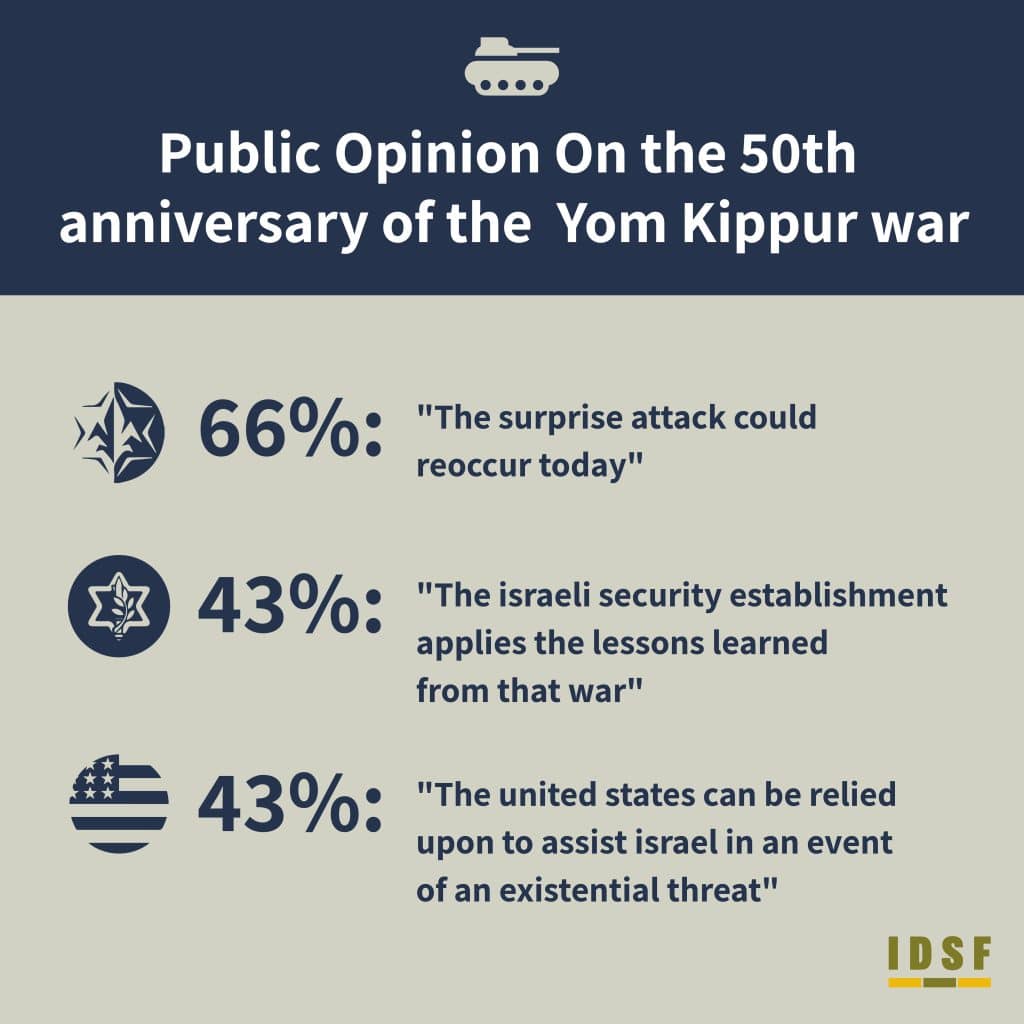
Israeli Public 50 Years After the Yom Kippur War
“The surprise attack of that war can reoccur today” 66%
“The lessons of the war have been applied in Israel’s security establishment” 43%
“We can rely on the USA to aid Israel in a war over its existence” 43%
IDSF HaBithonistim
With regards to the rumination about the past – part of the cost of this tendency was reflected in the responses of the participants who were born in 1973 and later, who tend to view the outcome less in terms of victory. An additional outcome is the perception of the heroism of the fighters in the war: 48% of the public feel that the soldiers who fought the Yom Kippur war are not sufficiently acknowledged in Israel’s legacy of heroism and commemoration of its soldiers. Respondents affiliated with the political right tended to believe so more strongly (56%) than their counterparts on the left (33%).

“Are Israel’s Soldiers Sufficiently Acknowledged in Israel’s Legacy of Heroism and Commemoration?”
No 53%
Yes 30%
Undecided 17%
The data presents a clear depiction of the incessant rumination on the failures of the Yom Kippur war and the aversion to discussion of the heroic victory that came at a heavy cost. After 50 years of picking at this sore, it is evident that the public still does not feel that the lessons thereof are applied, or that the chances of reoccurrence of a surprise attack is low. Furthermore, the perception of the victorious outcome has lost its luster. The soldiers who shouldered the victorious outcome and paid the ultimate price are not sufficiently recognized as such and the outcome of the war is not viewed at the clear military victory that it was.
The significance of the Yom Kippur War Victory as a Building Block in Israel’s Next Victory
The State of Israel is in a perpetual state of threat, and the Israeli public is well aware of this. Israel’s public also understand that Israel can rely for most part only on itself and its own military might. This is reflected by the fact that only 43% of the public believes that in the event that Israel will have to face a war over its existence, the US would fully support the country, including with weapons and ammunition.
In other words, in the next war Israel will have to be self-sufficient because losing any war is not an option. How does this pertain to the perception of victory and acknowledgment of the fighters’ heroism in the Yom Kippur War? According to Brigadier General (res.) Amir Avivi, chairman and founder of the IDSF HaBithonistim, the answer lies in the values absorbed by the next generation: “We in the IDSF HaBithonistim believe and know that what will win the next war are the people of Israel and the spirit that prevails in them. The IDF’s heritage, fighting spirit, Zionism and the belief in the righteousness of the path are what motivated the Yom Kippur War fighters to give all they could, which led to a clear victory even in difficult opening conditions. We must impart to future generations the legacy of these fighters, the understanding that it is the spirit of the fighters and their values that gave us a clear victory, as well as the understanding that only we can defend ourselves. This is the only way we can to preserve Israel’s security for generations.”

